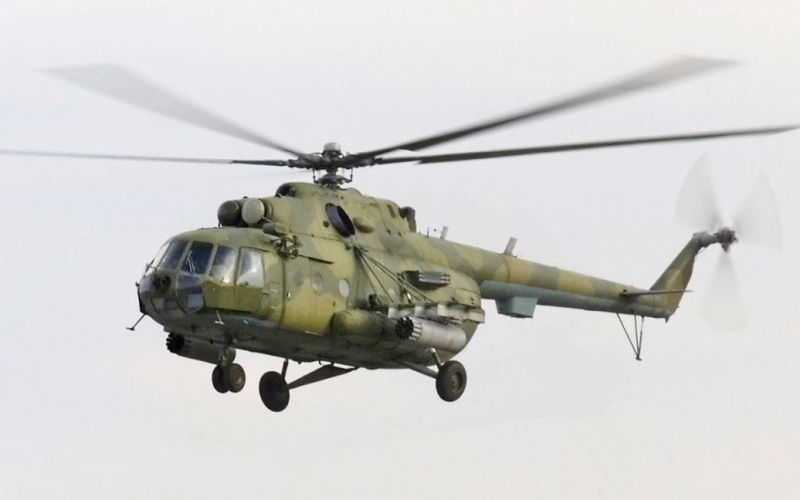
A $227 million contract was terminated due to the threat of US sanctions against the Philippines.< /p>
The Philippine government canceled an agreement on the purchase of 16 Russian military transport helicopters due to fears of possible US sanctions.
The Associated Press writes about this, citing statements by the Philippine officials.
Former Philippine Defense Secretary Delfin Lorenzana said on Tuesday that while still in office, he canceled an agreement to acquire Russian Mi-17 helicopters worth $227 million last month, a decision that then-president Rodrigo Duterte approved of before leaving office. head of state on June 30.
“We could have been sanctioned (US – ed.)”, Lorenzana said, describing ways Washington could express its displeasure if the Philippines implemented the agreement amid worsening relations between The United States and the Russian Federation.
According to him, American security officials knew about Manila's decisions and could offer similar helicopters for the military use of the Philippines.
It is noted that according to the agreement between the Philippines and the Russian Federation, which was signed in November last year, the first batch of multi-purpose helicopters to the Philippines was supposed to be delivered by the Russian company Sovtechnoexport in about two years.
Filipino Ambassador to Washington Jose Manuel Romualdez said the agreement was canceled as Manila could face possible U.S. sanctions.
A Filipino military official said the helicopter agreement would be subject to a “termination process” after a decision was made to terminate it because the contract has already been signed. The Russians can appeal, but the Philippine government has little scope for reconsideration.
Russian-made helicopters may have been used for combat, search and rescue, and medical evacuation in the Southeast Asian archipelago, often plagued by typhoons and other natural disasters, Philippine officials said.
Recall, in the DPRK, they threatened a “new war” because of the joint exercises of the United States and South Korea.

